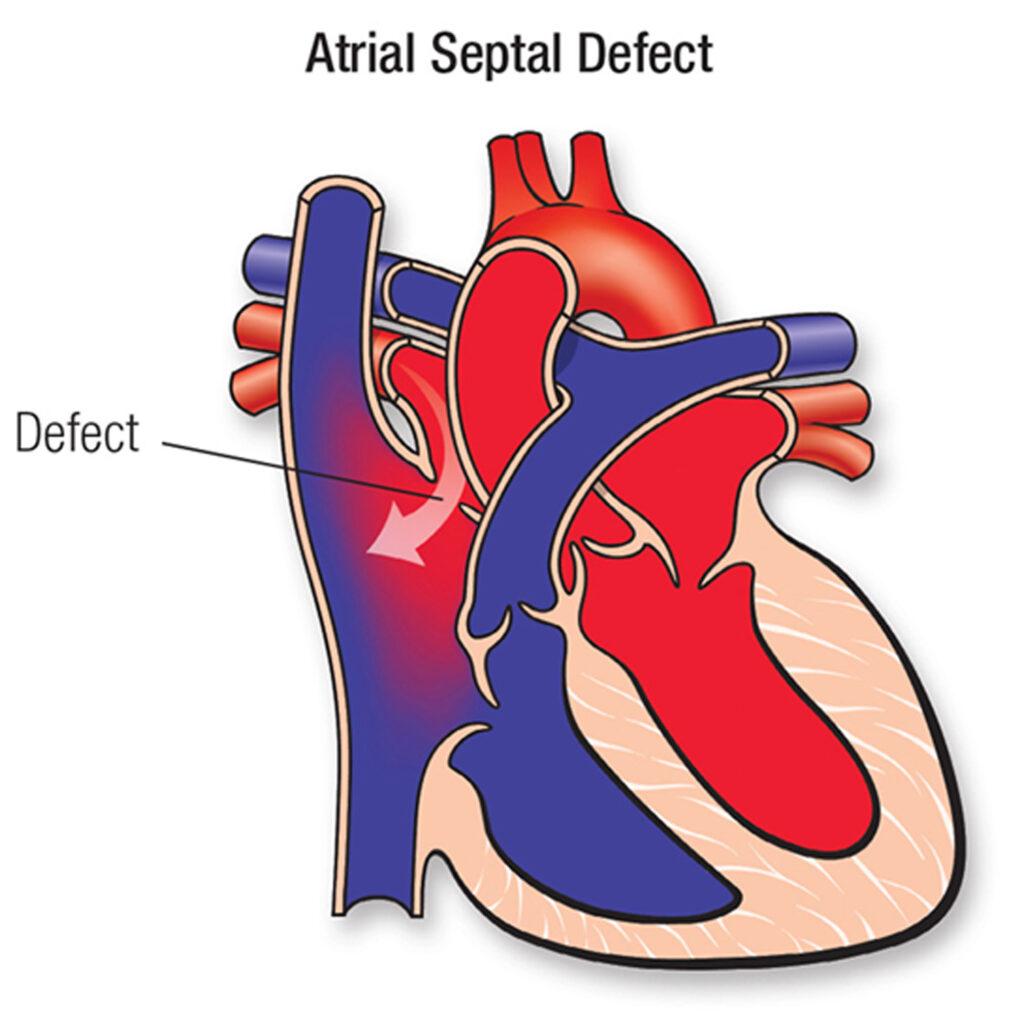What is Heart Valve Replacement?
Heart valve replacement is a surgical procedure to replace a damaged or diseased heart valve with a prosthetic valve.
The heart has four valves: the aortic, mitral, bicuspid, and pulmonary. The primary function of these valves is to control blood flow through the heart chambers and maintain adequate blood flow throughout the body.
When a heart valve is damaged or diseased, it may not work correctly and may cause blood to flow backward or leak through the valve. In such cases, symptoms include shortness of breath, chest pain, fatigue, or lightheartedness. Less but possible, it may lead to heart failure, stroke, or death.
Heart valve replacement surgery is recommended for individuals with severe valve disease when it is impossible to treat with medication or other non-surgical interventions. Heart valve replacement surgery involves opening the chest, stopping the heart temporarily, and removing the damaged valve. The surgeon then sews a prosthetic valve into place.
There are two types of prosthetic valves used, both mechanical and biological. Mechanical valves are made of durable materials such as metal and plastic and last longer than biological valves. However, patients with mechanical valves must take blood-thinning medication for the rest of their lives to prevent blood clots from forming.
On the other hand, biological valves are made from animal or human tissue and do not require blood-thinning medication. However, they typically last 10-15 years and may need to be replaced.
Recovery from heart valve replacement surgery usually takes several weeks, and patients must undergo cardiac rehabilitation to regain their strength and stamina. With proper care, most patients will return to normal activities and enjoy an improved quality of life after the procedure.
What are the Symptoms of Heart Valve Replacement?
The symptoms of heart valve disease can vary depending on the type and severity of the valve problem. While some individuals might not have symptoms for many years, some may experience some common symptoms listed below;
- A whooshing sound (heart murmur) is generally diagnosed during a routine control with a stethoscope,
- Shortness of breath which occurs during physical activity or even at rest,
- Chest pain or discomfort are general symptoms of a heart disease,
- Feeling tired or weak is also considered to be a symptom of heart valve disease,
- Irregular or rapid heartbeat,
- Dizziness or fainting,
- Swelling in the feet, ankles, or abdomen may occur due to the build-up of fluid caused by the valve problem,
- Rapid weight gain
Heart Valve Replacement in Turkey (Türkiye)
In Turkey, Heart valve replacement surgery has been performed successfully through the years with significant experience and knowledge. Turkey offers various diagnostic tests and treatment options for heart valve disease. The possibilities include aortic valve disease, mitral valve disease, pulmonary valve disease, and tricuspid valve disease…
Thanks to the latest technology and fully equipped facilities in Turkey, it is possible to diagnose heart valve disease and other heart conditions with advanced imaging techniques such as; 3D echocardiography, transesophageal echocardiography, and echocardiography…
The healthcare system of Turkey provides the best surgeons in the field who has excellent knowledge of the latest techniques with an innovative learning system.
In Turkey, there are several treatment options to treat heart valve problems, including:
Diuretics, blood thinners, and heart rhythm medications may be prescribed to manage symptoms and prevent complications depending on the type and severity of the valve problem.
Valvuloplasty is a minimally invasive procedure in which a balloon widens a narrowed valve.
Transcatheter Aortic Valve Replacement (TAVR): This is a minimally invasive procedure in which a new valve is inserted through a catheter and placed inside the existing valve.
Surgical Valve Repair or Replacement: In cases where the valve cannot be repaired, a surgical valve replacement may be necessary. The replacement valve may be mechanical or biological.
Turkey is known for its advanced medical facilities and experienced doctors, and many hospitals in Turkey offer specialized heart care services.
For further information and treatment, please contact…

